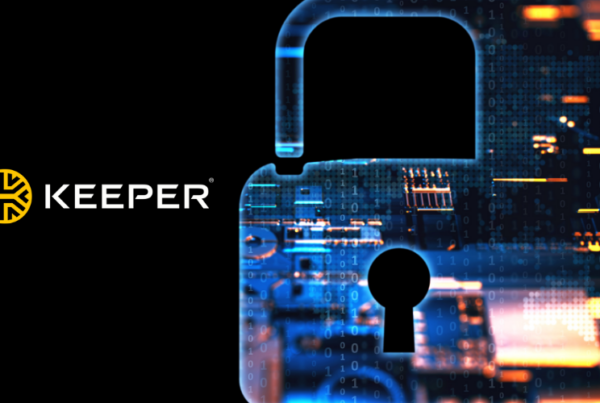As remote work grows in popularity, collaboration between teams has become the front stage. Although this shift has many advantages—more flexibility and work-life balance among other things—it has also created new challenges, especially when it comes teamwork. IT support is fundamental for encouraging and facilitating collaboration among remote employees. We will look at various ways that IT support providers can promote collaboration among remote teams.
What Basic IT Infrastructure Is Needed for Effective Remote Collaboration?
A strong IT infrastructure is the foundation for effective remote communication. Without a solid foundation, even the best tools and processes will fail.
Reliable Internet Connection
Creating an efficient remote collaboration environment begins with having a strong IT infrastructure. A solid internet connection is key to this setup. High-speed and stable internet is essential since it enables all online operations, including video conferences and file sharing. Without a strong internet connection, remote work becomes a miserable experience, such as lagging video calls and sluggish download speeds. After ensuring that everyone on your team has access to fast and reliable internet connections, you need a solid IT infrastructure for developing an efficient remote work environment.
Virtual Private Network (VPN)
A VPN is necessary for secure remote work since it encrypts data and establishes a secure connection to the company’s internal network. This ensures that critical information can be securely accessed by employees regardless of their location. A virtual private network (VPN) is no longer a nice-to-have; it’s an absolute must in today’s world of increasing cybercrime and unauthorised access.
Security Software
A solid IT infrastructure also includes security software and tools. When it comes to protecting your remote workforce from cyber risks, antivirus software, firewalls, and encryption solutions are invaluable. The likelihood of getting malware and unauthorised access to company information can be reduced by making sure that all employees’ devices have these security measures installed. Keeping these Security tools up-to-date with patches and upgrades is also important for preventing vulnerabilities.
Remote Access Software
IT professionals can quickly fix technical issues by remotely accessing and troubleshooting employees’ computers using remote access software such as Azure Virtual Desktop, TeamViewer, or AnyDesk. This will allow your remote workforce to work more consistently with less downtime.

Boosting Online Communication
Effective communication is essential for any collaborative effort. Collaboration initiatives might rapidly fail if efficient communication is not maintained. IT support can improve online communication through a variety of channels.
Unified Communications
Unified communication tools is vital for keeping your remote team connected. Platforms such as Slack, Microsoft Teams, and Zoom combine many communication forms, such as chat, video calls, and file sharing, into a single unified solution. This connectivity enables teams to interact more quickly and efficiently, boosting engagement and ensuring that important data gets shared on time.
Regular Check-ins and Meetings
Schedule regular check-ins and virtual meetings to keep everyone on the same page. IT support may help with these meetings by ensuring that the necessary equipment is working properly and that employees are comfortable using them.
Equipping with the Right Tools
The right tools can significantly improve how effectively employees who work remotely collaborate. IT support focuses on providing staff with the most appropriate tools for their needs.
Cloud Based Platforms
Cloud-based solutions are another key component of successful remote collaboration. Tools such as SharePoint, Google Workspace, Microsoft 365, and Dropbox provide more than just storage. They offer real-time collaboration tools, allowing many team members to collaborate on documents at the same time, eand asily share files, while keeping all project-related data in a single place.
Specialised Software
Depending on the business, employees may need access to specialised software. IT support should help with the installation and maintenance of such software, ensuring it functions properly and is available remotely.
Educating Employees on Cybersecurity
Employees are often the first line of defence against cybersecurity attacks. IT support providers educate employees about cybersecurity best practices.
Security Awareness Training
Regular training courses on how to recognise phishing attempts, use strong passwords, and practise secure web browsing can greatly lower the chance of security breaches. IT support can give these training sessions and keep personnel updated on the latest dangers.
Security Policies
Having clear security rules and processes ensures that employees understand what is expected of them. IT support collaborates with management to create and implement these policies.
Incident Response Plans
Having a defined incident response plan helps to mitigate damage in the event of a security breach. IT support can develop, communicate, and update these plans on a regular basis.
In order to encourage remote employees to work together effectively, IT support is crucial. A robust IT infrastructure, improved online communication, appropriate tools, and cybersecurity measures can all contribute to an atmosphere suitable to productive remote collaboration.
A key component of any effective remote work strategy will be IT support, which will play an increasingly important role in encouraging teamwork as the use of remote work grows.







